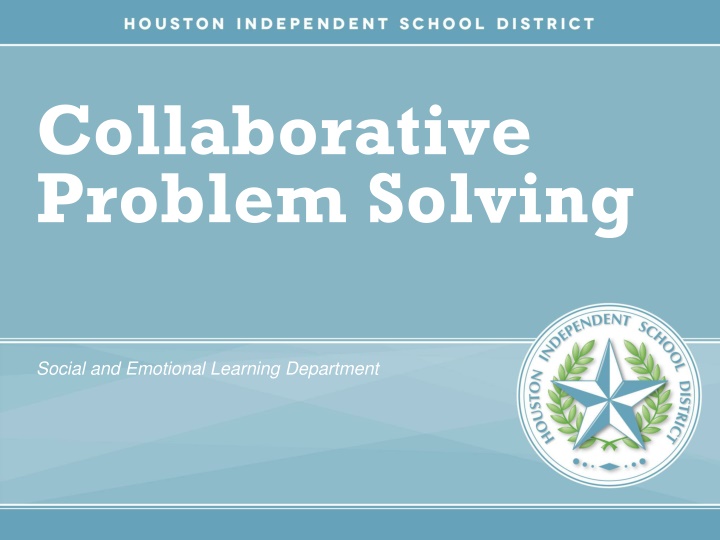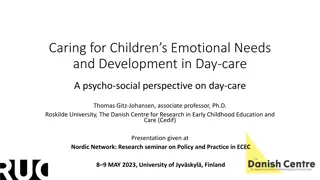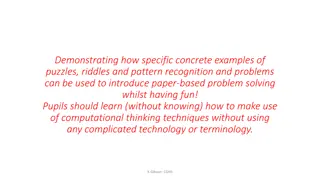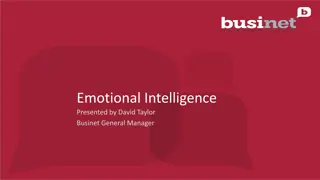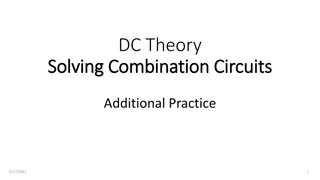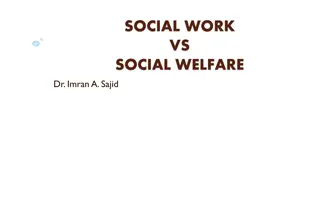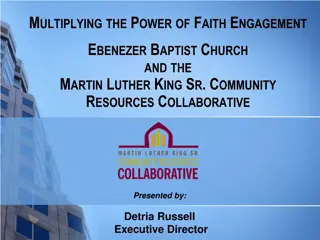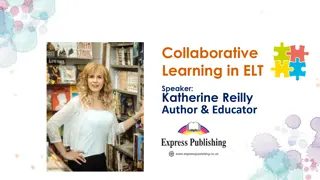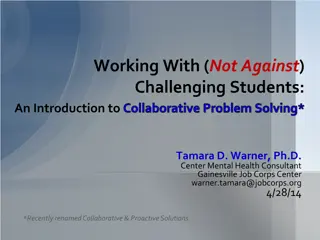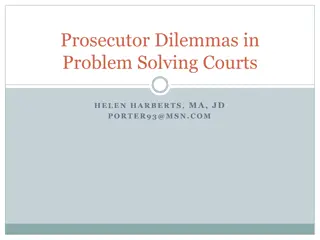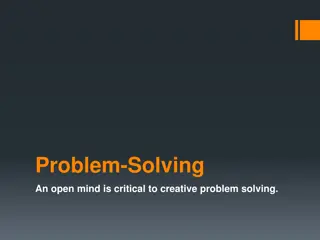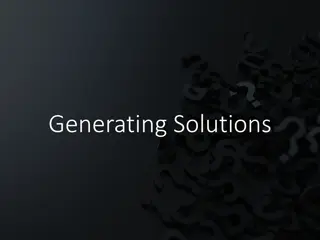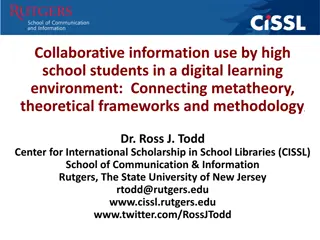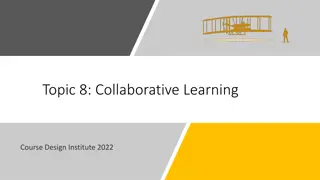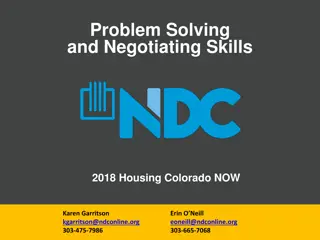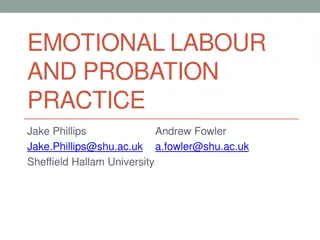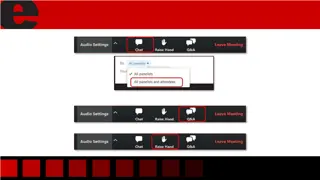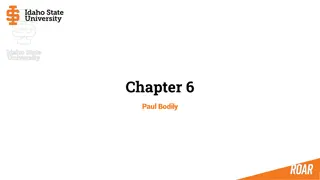Collaborative Problem-Solving for Social and Emotional Learning
Explore the Collaborative Problem-Solving approach in Social and Emotional Learning, focusing on understanding behavior, lagging skills, and unsolved problems. Discover strategies such as Plan B for collaborative solutions and the importance of empathy and defining concerns. Gain insights into popular explanations for behavior and different options for addressing challenges.
Download Presentation

Please find below an Image/Link to download the presentation.
The content on the website is provided AS IS for your information and personal use only. It may not be sold, licensed, or shared on other websites without obtaining consent from the author.If you encounter any issues during the download, it is possible that the publisher has removed the file from their server.
You are allowed to download the files provided on this website for personal or commercial use, subject to the condition that they are used lawfully. All files are the property of their respective owners.
The content on the website is provided AS IS for your information and personal use only. It may not be sold, licensed, or shared on other websites without obtaining consent from the author.
E N D
Presentation Transcript
Collaborative Problem Solving Social and Emotional Learning Department
Consequences 1. Teach basic lessons about right and wrong 2. Give students an incentive to behave 5
When does Behavior Occur? Behavior occurs when the demands of the environment exceed the student s capacity to respond adaptively. 6
Top 6 Popular Explanations 1. He just wants attention. 2. He just wants his own way. 3. He s manipulating us. 4. He s not motivated. 5. He s making bad choices. 6. He has a bad attitude. 7
The Options PLAN A: Unilaterally solving a problem by imposing your will. PLAN C: Capitulation or Caving. PLAN B: ? 8
The Options PLAN A: Unilaterally solving a problem by imposing your will. PLAN B: Problem solved collaboratively and not unilaterally. The adult understands the student s perspective on the unsolved problem PLAN C: Capitulation or Caving. 10
Kids Do Well If They CAN Lagging Skills The social and emotional learning skills the student is lacking. (WHY) Unsolved Problems The specific conditions or situations in which challenging behavior occurs. (WHERE) 11
Getting Started with Plan B 1. Empathy (Gain the student s perspective) 2. Define the adult concern 3. Invitation 12
Book Study 13
#SELectLove Social and Emotional Learning Department
